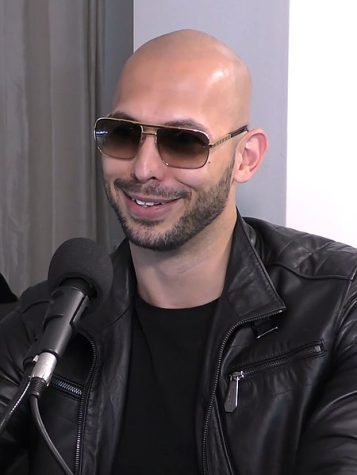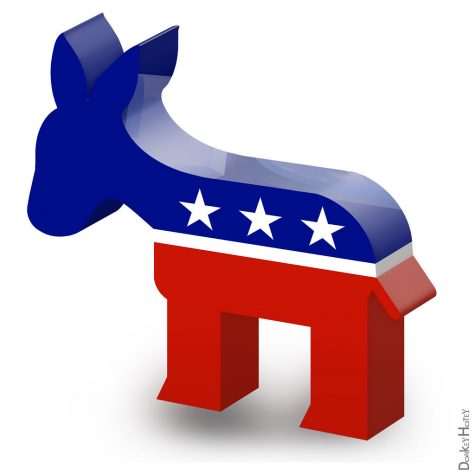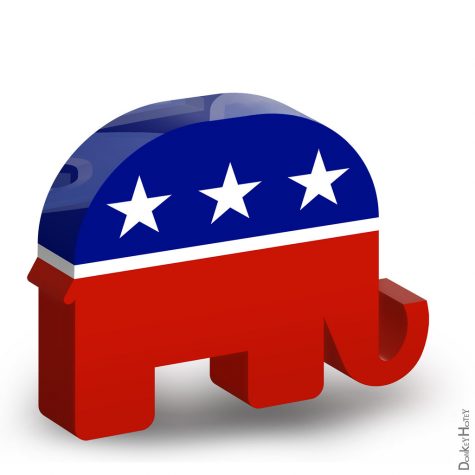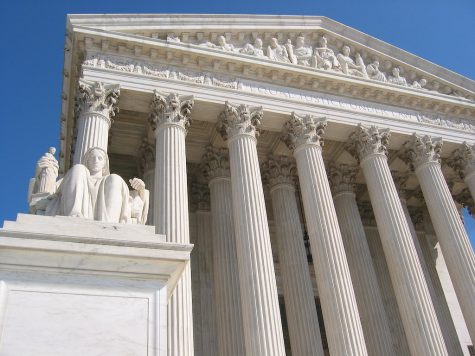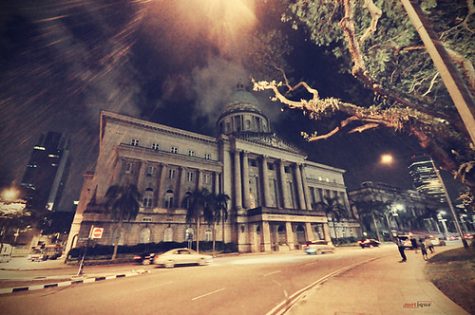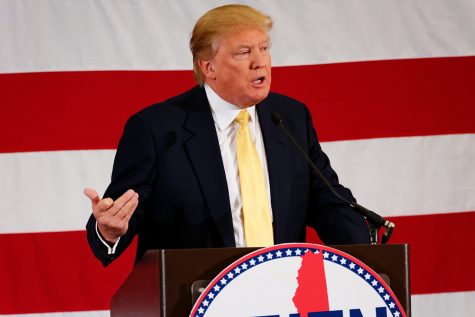Andrew Tate; Ban Was Justified

Considering the rise of political correctness, feminism, and other such movements that characterize the 21st century’s battle against bigotry, it comes as no surprise that someone like Andrew Tate sprouted up. Whenever major ideas are infiltrating a society, there will always be a group to oppose them. And whether on purpose or not, Tate became the physical embodiment of the opposition toward modern woke thought.
Outspoken, controversial, and ridiculously arrogant, Tate captured a large following of young male adolescents in a relatively short amount of time (even for the internet). No single event led to his fame; instead, he utilized various “fan accounts” that he himself set up to thrust himself onto your “recommended” page . However, what Tate was doing was not original. The internet has seen household names like Lil Nas X become A list celebrities by promoting their own work through their own memes and accounts. This comparison is made even stronger considering their use of TikTok algorithms to increase their popularity. Furthermore, the ideas that Tate was preaching have been around for a couple years due to the “sigma male” trend. Thus, Tate took the opportunity to ride the wave instead of really creating his own brand. However, Tate possessed many unique and exaggerated qualities that made him stick out as the perfect candidate to represent these ideologies. Tate was a former professional kick boxer, successful entrepreneur, and the quintessential playboy, allowing him to become the inspiration for what all immature young men hope to be. Tate’s followers aligned with him because of his apparent success and respectability. Also, any criticism made against their shared thoughts and Tate could merely be countered with the slogan “What color is your Bugatti?” In other words, “How could you criticize my own thoughts if such a successful person like Tate thinks the same way I do?” The illusion that Tate was an infallible figure due to his success attracted many as a defense for their beliefs. Yet spouting half-baked and borderline offensive beliefs that are most popular among teenage boys can only get someone so far, and after only a few months of fame, Andrew Tate was banned from virtually every major social media platform.
Now that the persona of Andrew Tate has been defined, the next question is whether Tate deserved to have his means of free speech stripped away from him. Furthermore, can a society justly take away anyone’s platform just because they do not agree with him? This question is nowhere near black and white. After all, Socrates was sentenced to death merely for saying things that people did not like. Today, of course, we celebrate the philosophy of Socrates as an intellectual giant that has shaped Western ideology. On the other hand, individuals such as Hitler took advantage of his ability to capture the German public in order to conduct one of the most gruesome events in history. Therefore, the argument could be made that stripping Hitler’s platform for speech early on would have prevented the death of millions of Jews and other oppressed minorities. Both are extreme examples, but the point is to pose the question of how we, as a public, designate who is an absolute detriment to society and those who are exercising their freedom of speech rationally and justly. I would make the argument that Andrew Tate makes it abundantly clear which category he falls under. One only has to look no further than the infamous Hustler’s University. One of the main reasons Tate rose to fame so quickly as mentioned earlier, is that he used various accounts to spam highlight clips of himself onto Instagram and TikTok. The reason Tate was able to even do this was because he would essentially make a deal with people to start fake accounts that would earn a commission based on how many people they got to sign up for Hustler’s University–Tate’s fake educational program. Clearly a pseudo-ponzi scheme, Hustler’s University is the main reason behind how Tate got into the spotlight. When fake influencers like Tate can pop up out of nowhere and make a buck, there should be absolutely no worries when it comes to banning them.

